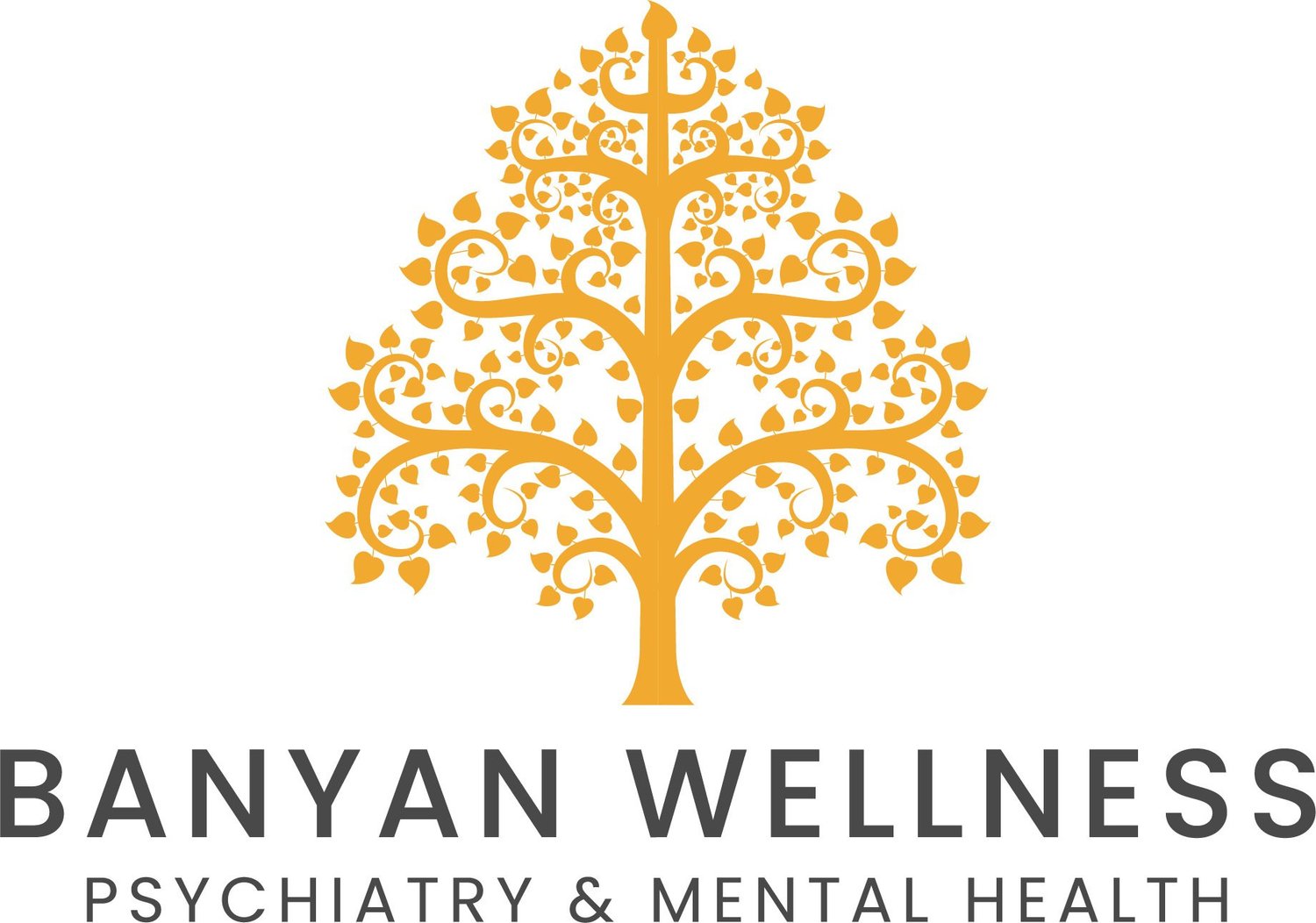Postpartum Depression vs. Baby Blues: Understanding the Difference
Welcoming a new life into the world can be both joyous and overwhelming for new mothers. Amidst the happiness, many women experience a range of emotions that can be challenging to navigate. Two common conditions that arise during this period are postpartum depression (PPD) and baby blues. While they may share some similarities, they are distinct in their duration, intensity, and impact on a mother's well-being.
Baby blues, often referred to as postpartum dysphoria, are experienced by up to 80% of new mothers. These feelings of sadness, anxiety, mood swings, and irritability typically emerge within a few days of childbirth and usually last no longer than two weeks. Baby blues are considered a normal and temporary adjustment to the significant hormonal changes and emotional stress that childbirth brings. Support from family and friends, rest, and self-care usually help new mothers navigate through this phase.
On the other hand, postpartum depression is a more severe and prolonged condition that affects around 15% of new mothers. Unlike baby blues, PPD symptoms can emerge any time within the first year after childbirth, often appearing weeks or months later. The signs of PPD include persistent feelings of sadness, hopelessness, loss of interest in daily activities, excessive fatigue, changes in appetite, trouble bonding with the baby, and even thoughts of self-harm or harming the baby. PPD is not just a momentary emotional upheaval; it is a serious mental health disorder that requires professional intervention and support.
The key difference between baby blues and postpartum depression lies in their intensity and duration. While baby blues are temporary and resolve on their own within a short time, postpartum depression lingers and can have a profound impact on a mother's ability to care for herself and her baby.
If you or someone you know is experiencing symptoms of postpartum depression, it's essential to seek help promptly. Mental health professionals, support groups, and loved ones can provide invaluable support during this challenging time. Remember, seeking help is a sign of strength, and with the right support, postpartum depression can be effectively managed, allowing new mothers to enjoy the precious moments of motherhood with renewed energy and joy.

